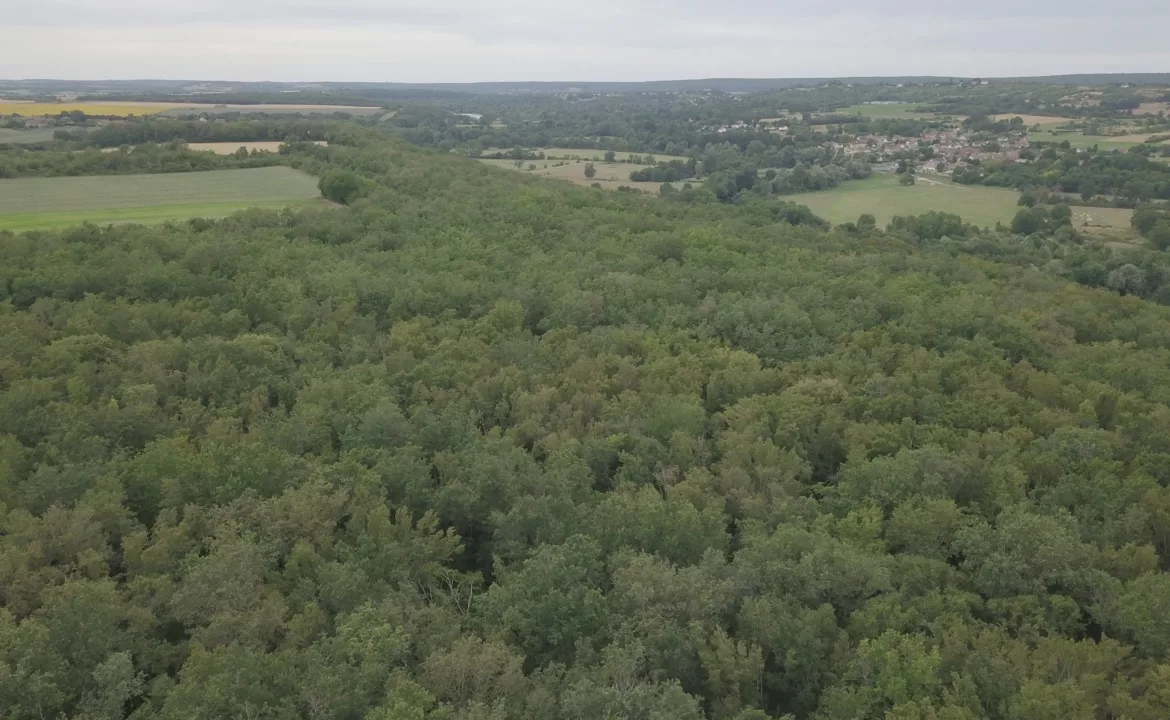RÉSISTANCE
LA VIE, TU L'AIMES COMMENT?
AVEC GOURMANDISE et... SANS ÉOLIENNE!
php
***
Agnew, Roseanna ;Smith, Valerie ; et Fowkes, Robert
21 mai 2016
ABSTRACT: A paucity of data exists with which to assess the effects of wind turbines noise on terrestrial wildlife, despite growing concern about the impact of infrasound from wind farms on human health and well-being.
In 2013, we assessed whether the presence of turbines in Great Britain impacted the stress levels of badgers (Meles meles) in nearby setts. Hair cortisol levels were used to determine if the badgers were physiologically stressed. Hair of badgers living >1 km of a wind farm had a 264% higher cortisol level than badgers <10 km from a wind farm. This demonstrates that affected badgers suffer from enhanced hypothalamo-pituitary-adrenal activity and are physiologically stressed. No differences were found between the cortisol levels of badgers living near wind farms operational since 2009 and 2012, indicating that the animals do not become habituated to turbine disturbance. Cortisol levels in the affected badgers did not vary in relation to the distance from turbines within 1 km, wind farm annual power output, or number of turbines. We suggest that the higher cortisol levels in affected badgers is caused by the turbines’ sound and that these high levels may affect badgers’ immune systems, which could result in increased risk of infection and disease in the badger population.
Roseanna C. N. Agnew, Valerie J. Smith, and Robert C. Fowkes
Royal Veterinary College, Royal College Street, London, UK
Zoological Society of London, Regent’s Park, London, UK
Scottish Oceans Institute, University of St. Andrews, St Andrews, Fife, UK
Journal of Wildlife Diseases, 52(3), 2016

Aucun commentaire:
Enregistrer un commentaire